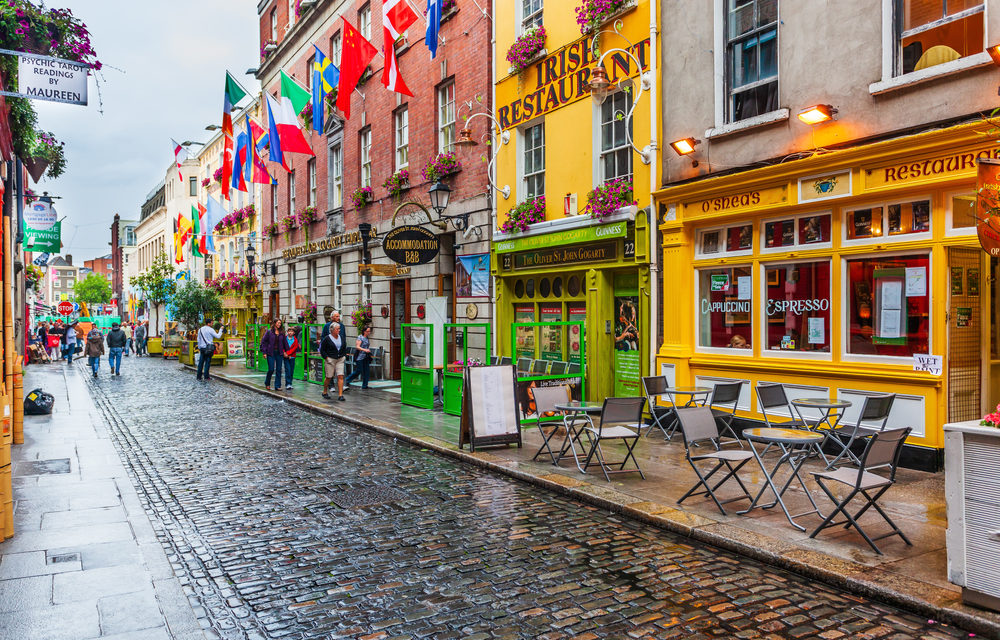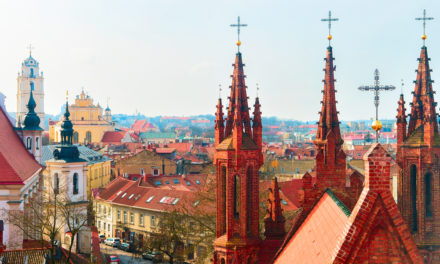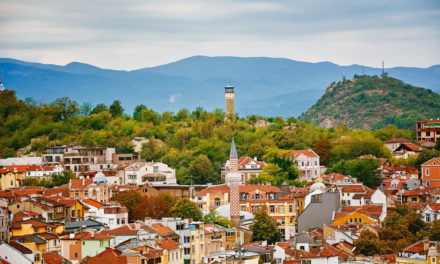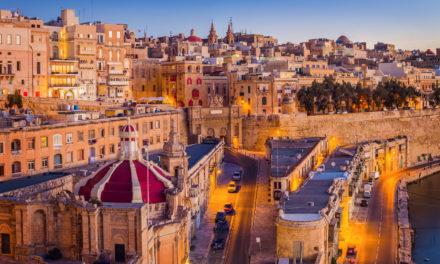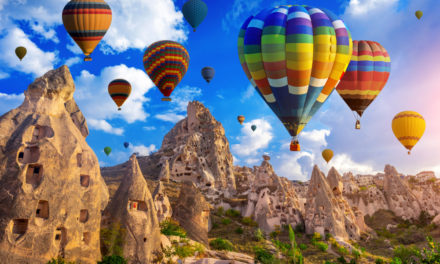Top Tourist Attractions And Things To Do In Ireland
Ireland, an island nation located in the North Atlantic, is known for its rich green landscapes, earning it the nickname “Emerald Isle.” Nestled to the west of Great Britain, it’s divided into the Republic of Ireland and Northern Ireland, a part of the United Kingdom. Historically, Ireland is famed for its ancient Celtic origins, a history rich with myths and legends.
Culturally, the Irish are celebrated for their contribution to literature, music, and dance, with figures like James Joyce and traditional Irish music recognized worldwide. Ireland is also renowned for its picturesque landscapes, vibrant cities like Dublin, and historic landmarks such as the Cliffs of Moher and the ancient passage tomb at Newgrange.
Tourist Travel Map of Ireland
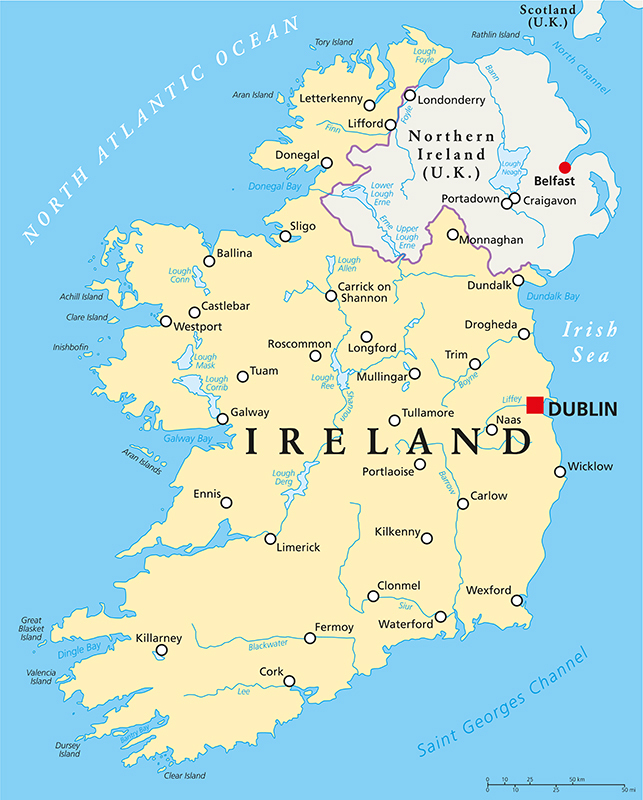
Best Places To Visit In Ireland
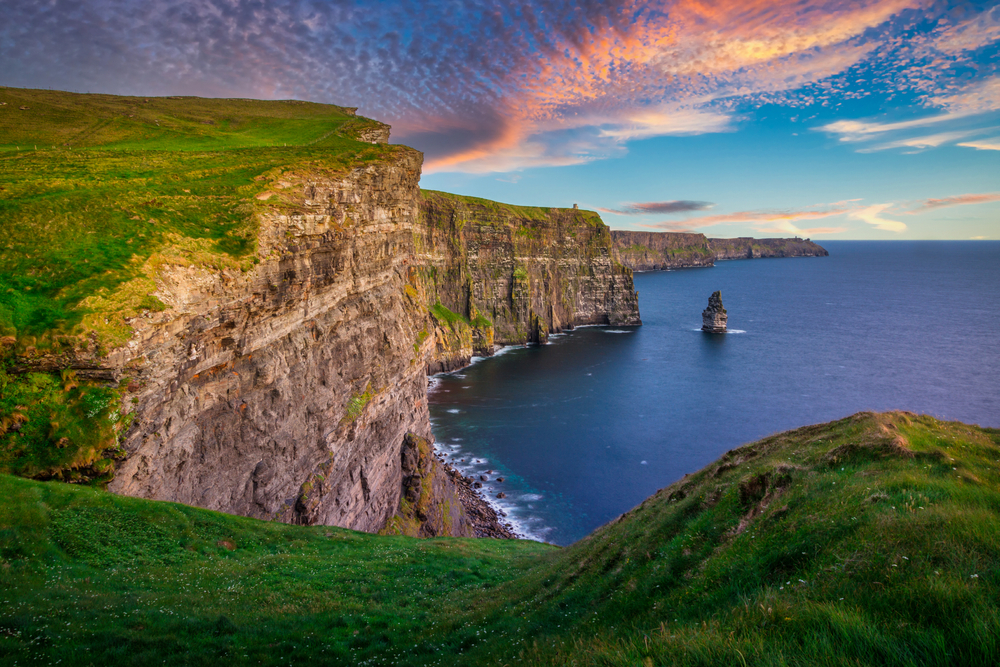
Cliffs of Moher, Ireland:
The Cliffs of Moher, situated along the southwestern edge of Ireland’s Burren region in County Clare, stand as a breathtaking natural wonder. Rising to a height of 214 meters, these sheer cliffs stretch for 14 kilometers along the Atlantic coast. Renowned for their stunning vistas, the cliffs attract visitors worldwide, drawn to their dramatic landscapes and rich history.
Tourist Attractions and Things to Do in the Cliffs of Moher:
-
O’Brien’s Tower: This historic tower, built in 1835, offers panoramic views of the Atlantic Ocean and the Aran Islands. It’s a perfect spot for photography enthusiasts and history buffs alike.
-
Visitor Centre: An environmentally friendly facility, the visitor centre provides interactive exhibits, educational displays, and a wealth of information about the cliffs’ geology, wildlife, and history.
-
Cliff Walks: There are several walking trails along the cliffs, offering varying levels of difficulty and unique perspectives of the landscape. These walks provide an immersive experience into the natural beauty and tranquility of the area.
-
Bird Watching: The Cliffs of Moher are home to one of the largest colonies of seabirds in Ireland, including puffins, razorbills, and guillemots, making it a haven for bird watchers.
-
The Wildlife: Apart from birds, the area around the cliffs is rich in biodiversity, including a variety of marine life visible from the cliffs, such as dolphins and seals, and diverse flora thriving in the unique ecosystem.
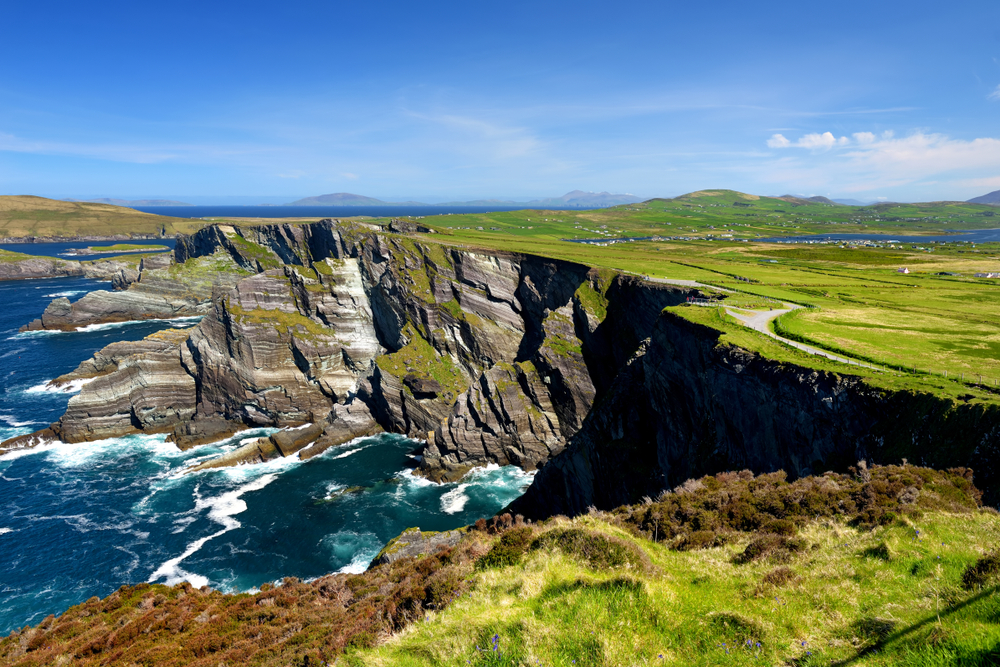
Ring of Kerry, Ireland:
The Ring of Kerry, a scenic drive in southwestern Ireland, loops around the Iveragh Peninsula in County Kerry. Spanning about 179 kilometers, this renowned route is celebrated for its captivating landscapes, ancient heritage sites, and charming villages, offering a quintessential Irish experience.
Tourist Attractions and Things to Do in the Ring of Kerry:
-
Killarney National Park: A UNESCO Biosphere Reserve, this park features stunning landscapes, including lakes, mountains, and woodlands, along with the historic Muckross House and Gardens.
-
Torc Waterfall: Accessible through a short hike, Torc Waterfall is a spectacular 20-meter high waterfall set in lush woodland, part of the Killarney National Park.
-
Skellig Michael: An offshore island and UNESCO World Heritage site, known for its well-preserved early Christian monastery and its appearance in the Star Wars films.
-
Derrynane House: The ancestral home of Daniel O’Connell, a key figure in Irish history. The house is now a museum set in beautiful gardens and offers insight into 19th-century life in Ireland.
-
Gap of Dunloe: A narrow mountain pass formed by glacial movements, offering dramatic views of the surrounding landscape. It can be explored by walking, cycling, or traditional horse-drawn carts.
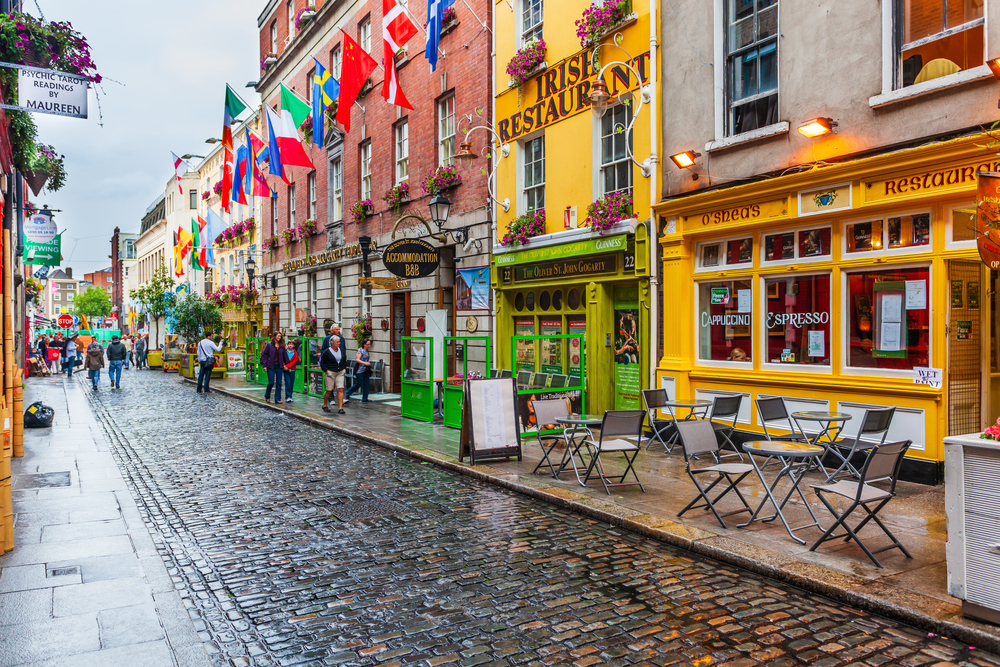
Dublin City, Ireland:
Dublin, the vibrant capital of Ireland, sits at the mouth of the River Liffey on the east coast. This historic city, dating back to Viking times, is famed for its literary heritage, lively pub culture, and rich architectural treasures, making it a dynamic blend of the ancient and modern.
Tourist Attractions and Things to Do in Dublin City:
-
Trinity College and the Book of Kells: Home to the prestigious Trinity College and the iconic Book of Kells, an illuminated manuscript created by Celtic monks around 800 AD.
-
Guinness Storehouse: A must-visit for beer enthusiasts, this multi-story exhibit located at the Guinness Brewery offers insights into the brewing process and history, culminating in a pint at the Gravity Bar with panoramic city views.
-
Temple Bar: Known for its vibrant nightlife, Temple Bar is a bustling area filled with pubs, galleries, and restaurants, often featuring live Irish music.
-
Dublin Castle: Steeped in history, Dublin Castle has been a major government complex since medieval times, showcasing stunning architecture and hosting significant state events.
-
Phoenix Park: One of the largest enclosed public parks in a European capital city, Phoenix Park is home to herds of wild deer, the Dublin Zoo, and the official residence of the President of Ireland.
!
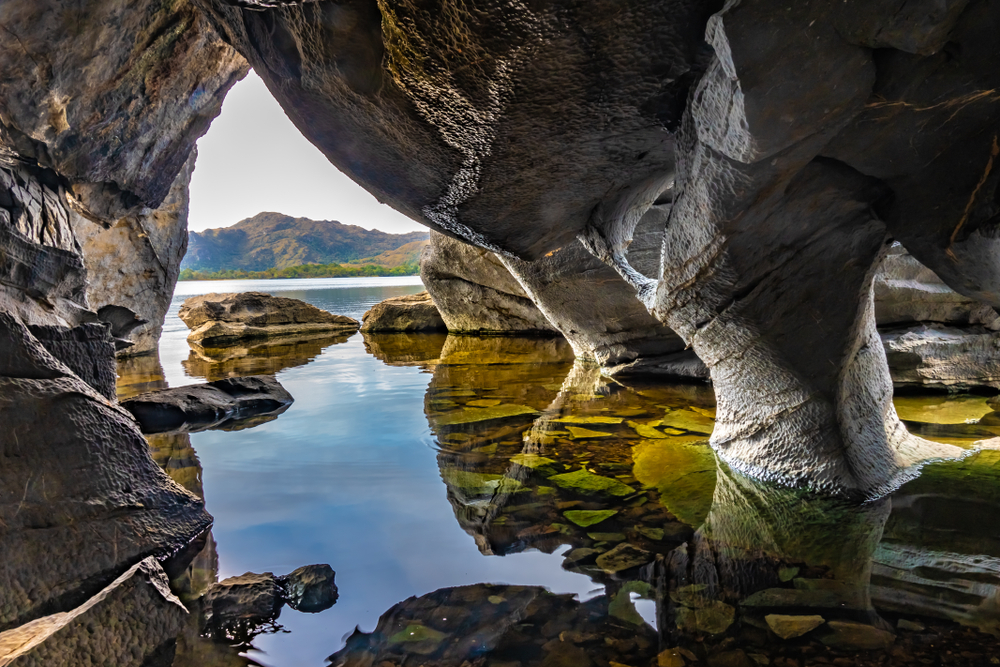
Killarney National Park, Ireland:
Killarney National Park, nestled in the southwest of Ireland in County Kerry, is a stunning natural paradise renowned for its picturesque landscapes and rich biodiversity. Spanning over 102 square kilometers, it’s Ireland’s first national park, established in 1932. Killarney National Park in Ireland is an ideal destination for nature lovers, offering a tranquil haven with its lush forests, cascading waterfalls, and the renowned Lakes of Killarney.
Tourist Attractions and Things to Do in Killarney National Park:
-
The Lakes of Killarney: Comprising three main lakes – Lough Leane, Muckross Lake, and Upper Lake – these natural water bodies are the park’s centerpiece. They offer spectacular views and are ideal for boat trips to explore the park’s serene beauty.
-
Muckross House and Gardens: A 19th-century Victorian mansion, Muckross House is set against the stunning backdrop of the park. Visitors can take guided tours to learn about the history of the estate and enjoy the beautifully maintained gardens.
-
Torc Waterfall: Easily accessible via a short walk, Torc Waterfall is a magnificent 20-meter high waterfall. The area is especially beautiful after rain and the surrounding trails offer excellent hiking opportunities.
-
Gap of Dunloe: A narrow mountain pass forged between the MacGillycuddy’s Reeks and Purple Mountain. Visitors can explore this rugged landscape by foot, horseback, or traditional jaunting car, experiencing some of Ireland’s most dramatic scenery.
-
Ross Castle: A 15th-century tower house on the edge of Lough Leane. This historical structure provides insight into medieval Ireland. Boat tours from the castle offer a unique perspective of the park from the water.
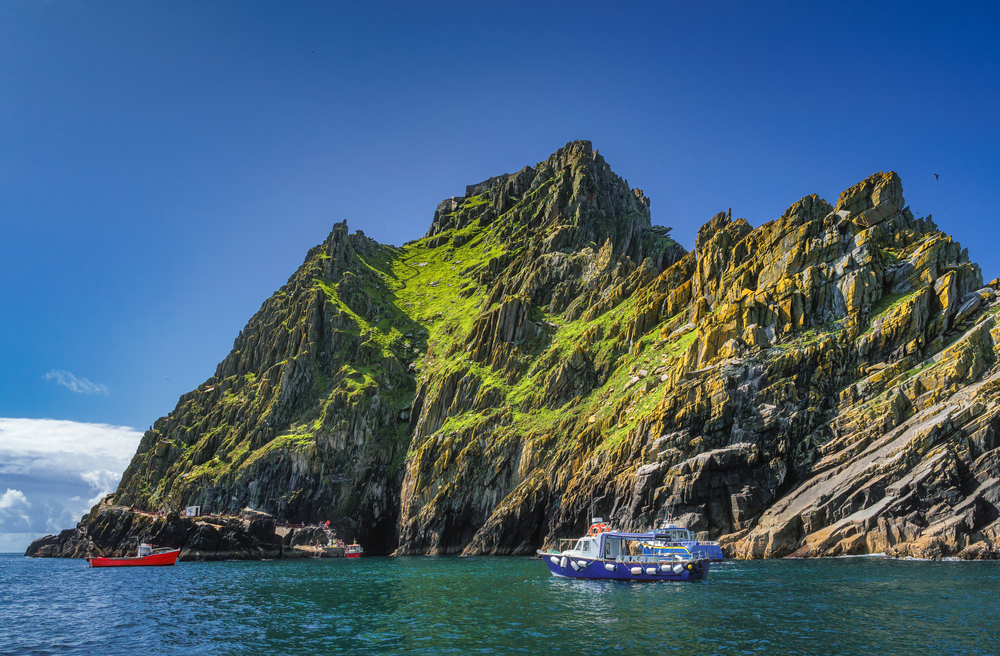
Skellig Michael, Ireland:
Skellig Michael, an island off the southwest coast of Ireland, is renowned for its historical and cultural significance. This remote, rugged outcrop is famed for its ancient monastic settlement, a testament to religious devotion and resilience. A prime destination for history enthusiasts, Skellig Michael offers a unique Irish historical experience.
Tourist Attractions and Things to Do in Skellig Michael:
-
Monastic Settlement: The centerpiece of Skellig Michael, this 6th-century monastic complex is a marvel of early Christian architecture. Perched atop the island, it offers a glimpse into the austere life of medieval monks.
-
Wildlife: Skellig Michael is home to a diverse range of birdlife, including puffins, making it a haven for birdwatchers. The island’s untouched natural environment provides a unique ecosystem for various species.
-
Star Wars Filming Location: Gaining recent fame as a filming location for the Star Wars movies, the island attracts movie fans. Its dramatic landscape provided a backdrop for significant scenes in the franchise.
-
Lighthouses: The island features two lighthouses, an intriguing aspect of its maritime history. These structures, contrasting with the ancient monastic ruins, tell the tale of navigational history and the life of lighthouse keepers.
-
Spectacular Scenery: The rugged landscape of Skellig Michael, with its steep cliffs and the vast Atlantic Ocean, offers breathtaking views. The natural beauty of the island is a major draw for photographers and nature lovers.
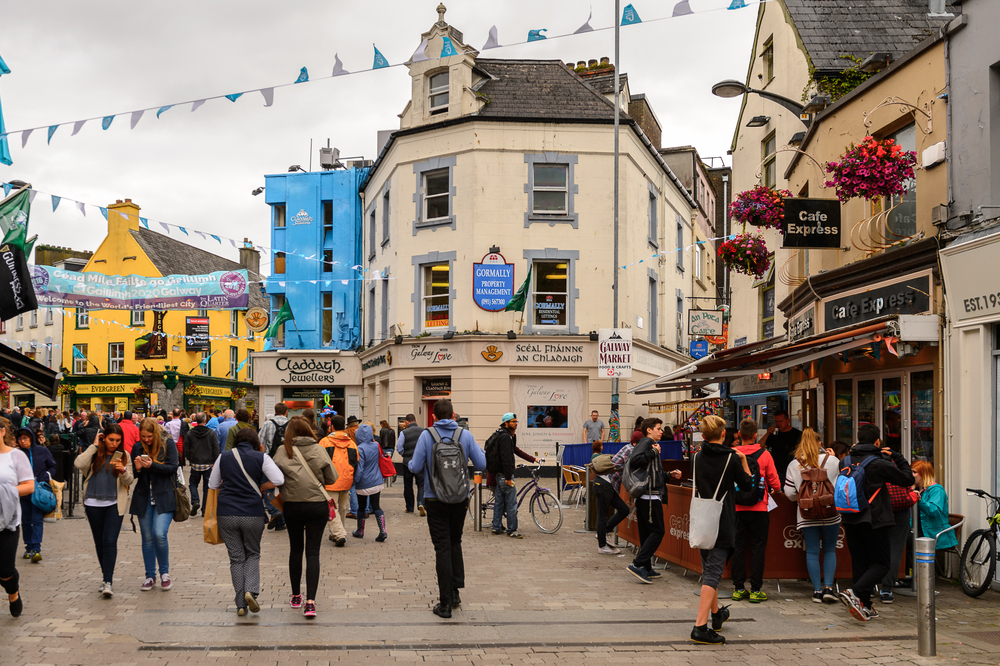
Galway City, Ireland:
Galway City, located on Ireland’s west coast, is a vibrant cultural hub known for its lively arts scene and rich history. Renowned for its medieval architecture and bustling street life, this city is a must-visit for those seeking an authentic Irish cultural experience.
Tourist Attractions and Things to Do in Galway City:
-
Eyre Square: A historical city center park, Eyre Square is the heart of Galway. It’s surrounded by lively streets and is a popular gathering spot, showcasing modern art installations and historical monuments.
-
Galway Cathedral: This impressive cathedral, built in the 1960s, is known for its stunning architecture and rich interior. It combines various styles, including Renaissance and Romanesque, making it a key architectural landmark.
-
Latin Quarter: Famous for its vibrant atmosphere, the Latin Quarter is lined with colorful shops, cafes, and pubs. This area is the cultural and social heart of the city, often bustling with live music and street performances.
-
Galway City Museum: Situated near the Spanish Arch, this museum offers insights into the local history and culture. Exhibits cover a range of topics, from the medieval history of Galway to contemporary art and culture.
-
Salthill Promenade: Stretching along the coast of Galway Bay, the Salthill Promenade offers stunning sea views and is ideal for leisurely walks. It’s a favorite among locals and visitors for relaxing and enjoying the coastal scenery.
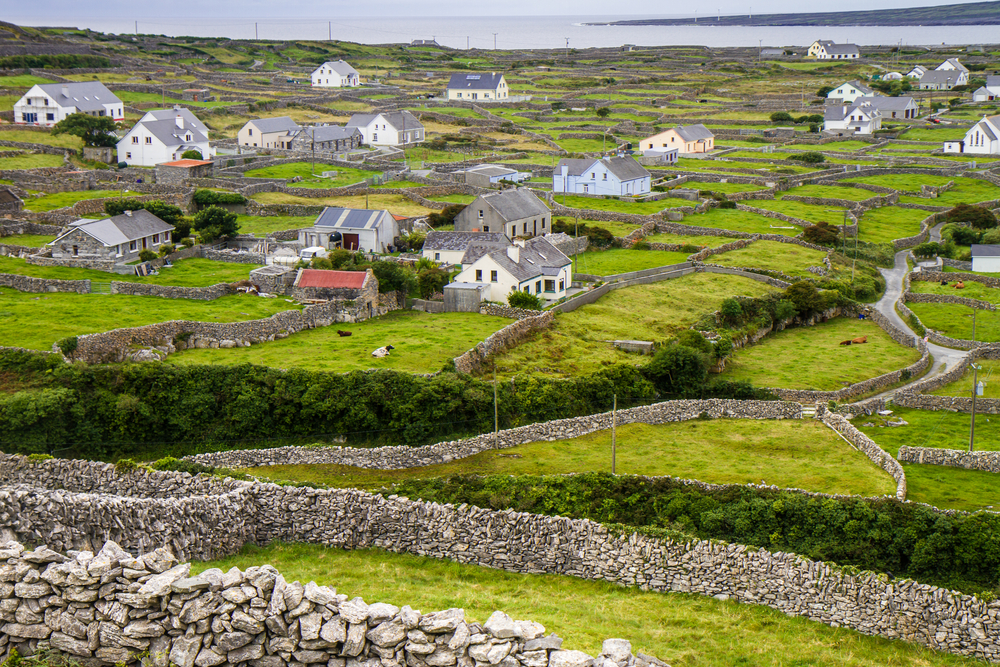
Aran Islands, Ireland:
The Aran Islands, located off Ireland’s west coast, are a bastion of traditional Irish culture. These three islands are celebrated for their geological formations, historical sites, and preservation of the Irish language, making them a key destination for experiencing authentic Irish island culture.
Tourist Attractions and Things to Do in the Aran Islands:
-
Dún Aonghasa: Perched on the edge of a dramatic cliff, Dún Aonghasa is a prehistoric fort on Inishmore, the largest island. It offers spectacular views and insight into ancient Irish history.
-
Aran Sweater Market: Known for the iconic Aran sweaters, this market in Kilronan provides a unique shopping experience. It’s a perfect place to find authentic Irish knitwear and learn about the craft’s history.
-
The Worm Hole: A natural rectangular pool on Inishmore, also known as Poll na bPéist, it’s famous for its unusual shape and is a popular spot for cliff diving enthusiasts.
-
Seal Colony: On Inishmore, visitors can observe a thriving seal colony, offering a chance to see these marine animals in their natural habitat.
-
Teampall Bheanáin: Claimed to be the world’s smallest church, this early Christian oratory on Inisheer, the smallest island, is a testament to the religious history of the islands. Its simple yet evocative structure reflects the austere life of early Irish Christians.
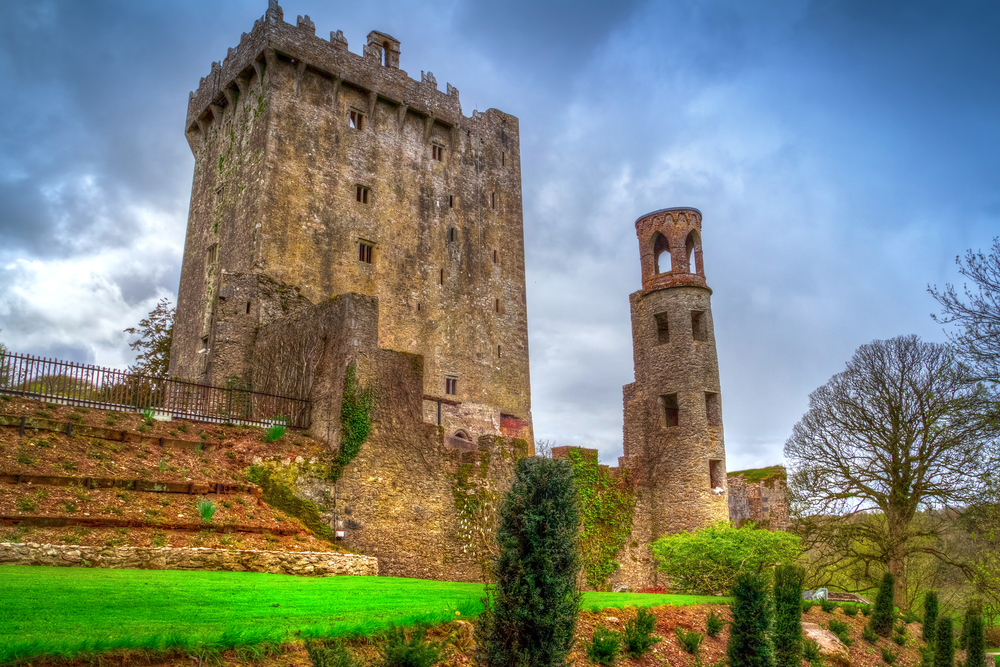
Blarney Castle, Ireland:
Blarney Castle, nestled near Cork in southern Ireland, is an iconic medieval stronghold. Famous for the legendary Blarney Stone, the castle is a cornerstone of Irish folklore and history. It offers a quintessential Irish castle experience, attracting visitors keen on exploring Ireland’s legendary heritage.
Tourist Attractions and Things to Do in Blarney Castle:
-
The Blarney Stone: The most famous feature of the castle, kissing the Blarney Stone is said to grant the gift of eloquence. It’s located at the top of the castle’s tower and is a must-visit for those seeking a piece of Irish legend.
-
Gardens and Grounds: Surrounding the castle are extensive and diverse gardens, including the Poison Garden, which houses a collection of poisonous plants. The gardens offer a peaceful retreat and a chance to explore varied botanical themes.
-
Rock Close: A magical and mystical part of the estate, Rock Close is filled with ancient trees and druidic remains. It’s a place of natural beauty and folklore, inviting visitors to step into a world of myth and legend.
-
Blarney House: A striking Scottish baronial-style mansion located on the grounds, Blarney House offers a glimpse into the opulent lifestyle of the 19th-century Irish aristocracy. It’s open to visitors during the summer months.
-
Battlements and Towers: Visitors can explore the castle’s battlements and towers, offering panoramic views of the surrounding countryside. These structures provide insight into the defensive features of medieval Irish castles.
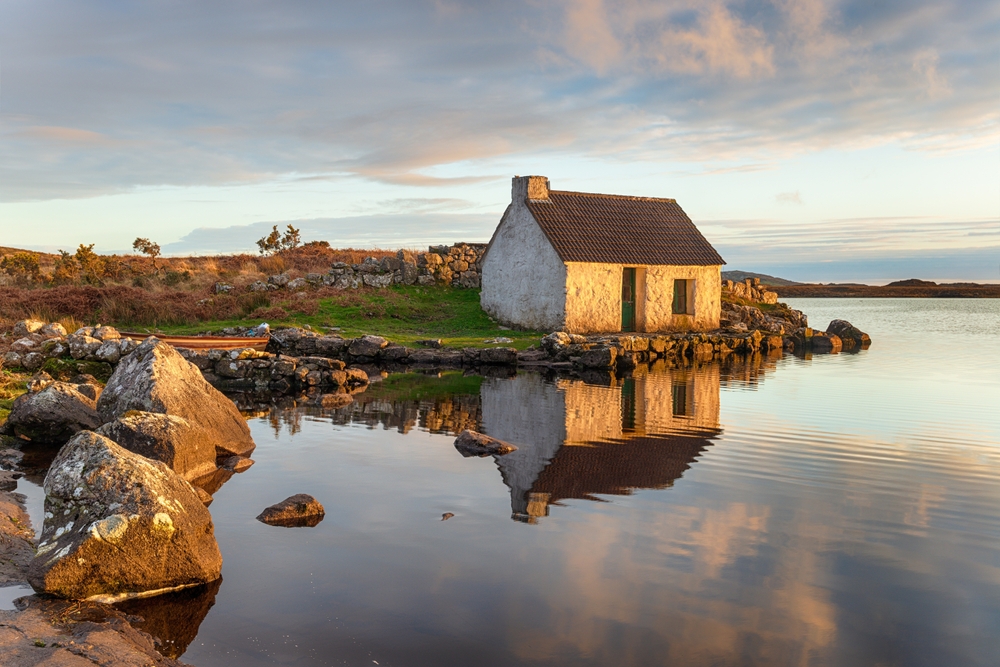
Connemara National Park, Ireland:
Connemara National Park, situated in the west of Ireland, encompasses a stunning expanse of rugged wilderness. Known for its mountains, bogs, and heathlands, the park is a paradise for nature lovers and outdoor enthusiasts. Its unspoiled landscapes make it a top destination for experiencing Ireland’s natural beauty and tranquility.
Tourist Attractions and Things to Do in Connemara National Park:
-
Diamond Hill: A popular hiking destination within the park, Diamond Hill offers rewarding trails with breathtaking views of the Connemara countryside and the Atlantic coastline.
-
Kylemore Abbey: Although technically just outside the park, this historic abbey is a must-see. The beautiful Victorian walled garden and romantic Gothic church set against a mountain backdrop make it a fascinating attraction.
-
Wildlife: The park is home to a variety of wildlife, including Connemara ponies, red deer, and numerous bird species. It’s an excellent spot for wildlife watching and photography.
-
Boglands and Heaths: The park’s peat bogs and heathlands offer a unique ecosystem to explore. These areas are rich in flora, including several species of bog cotton and heather, providing a unique insight into Ireland’s bogland habitats.
-
Visitor Centre: The Visitor Centre at Letterfrack is the starting point for many walks and offers exhibitions on the park’s landscape, wildlife, and history. It’s a great place to learn about the area before exploring further.
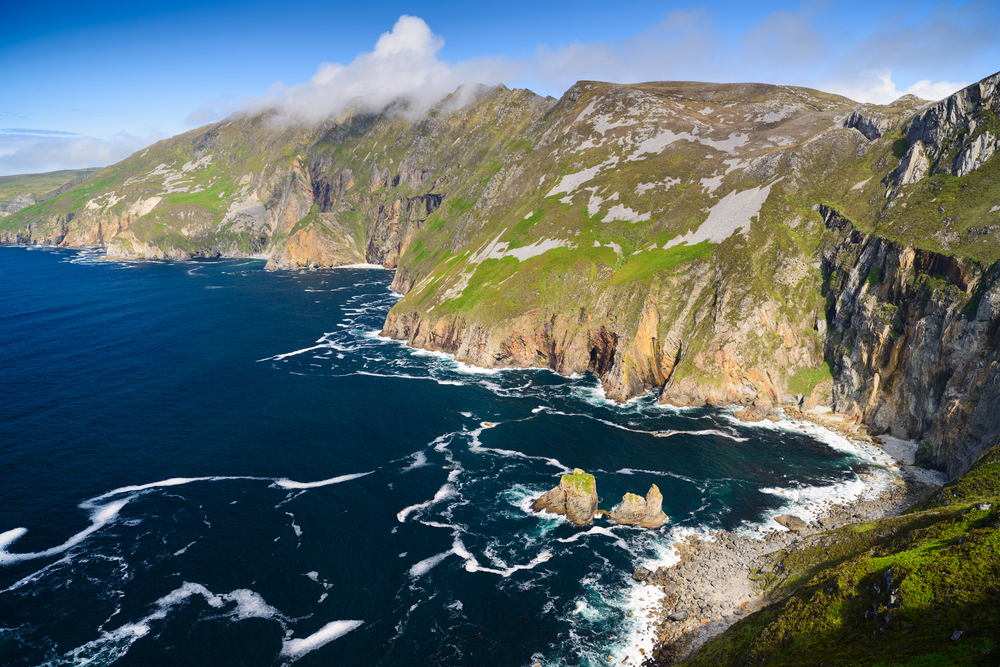
Slieve League Cliffs, Ireland:
Slieve League Cliffs, located along Ireland’s Wild Atlantic Way in County Donegal, are among Europe’s highest sea cliffs. These majestic cliffs offer awe-inspiring views and a sense of unspoiled natural beauty. Ideal for breathtaking scenic walks, Slieve League Cliffs are a must-visit for dramatic coastal scenery in Ireland.
Tourist Attractions and Things to Do in Slieve League Cliffs:
-
Cliff Views: The main attraction, these cliffs offer spectacular vistas over the Atlantic Ocean. The sheer drop and rugged coastline provide a dramatic and unforgettable sightseeing experience.
-
Pilgrim’s Path: This ancient path leads up to the cliffs, offering a more traditional route taken in times past. It’s ideal for those who enjoy a historical perspective on their hikes.
-
Teelin Bay: Visible from the cliffs, Teelin Bay is renowned for its natural beauty. The bay is a perfect spot for photography and to appreciate the broader landscape that surrounds the cliffs.
-
One Man’s Pass: This narrow trail runs along the top of the cliffs and is a thrilling route for experienced hikers, offering panoramic views and a unique perspective of the Atlantic.
-
The Viewing Point at Bunglass: Accessible by car, this point provides an easier way to enjoy the views for those who prefer not to hike. It offers some of the most impressive sights of the cliffs and the surrounding sea.
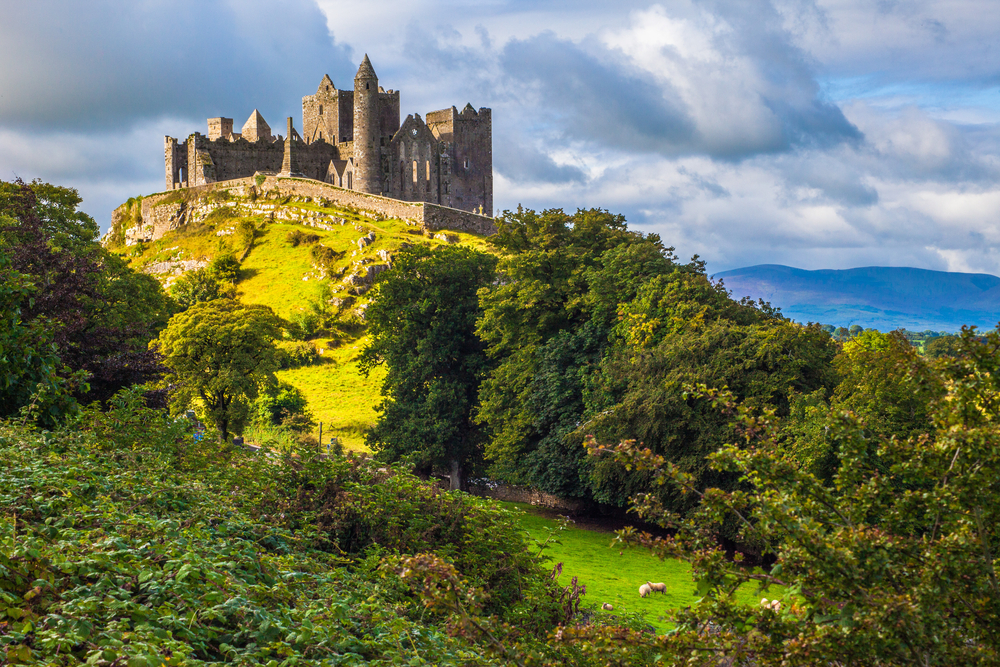
Rock of Cashel, Ireland:
The Rock of Cashel, perched in County Tipperary, Ireland, is a historic architectural marvel. This ancient royal site, with its impressive collection of medieval buildings, stands as a testament to Ireland’s complex history. It’s a famous tourist destination for those interested in exploring medieval Irish architecture and history.
Tourist Attractions and Things to Do in the Rock of Cashel:
-
Cormac’s Chapel: A Romanesque church, famous for its remarkable architecture and frescoes. This chapel is one of the most important and well-preserved structures on the site.
-
Round Tower: An iconic feature of the Rock of Cashel, the Round Tower is characteristic of early Irish Christian architecture. It offers insights into the religious and defensive purposes of such structures.
-
High Cross and Graveyard: The site includes an ancient high cross and a graveyard with historic tombstones, reflecting the long history of religious and social practices at the Rock of Cashel.
-
Cathedral: The Gothic cathedral on the site, although in ruins, showcases the architectural evolution and the grandeur of religious buildings in medieval Ireland.
-
Panoramic Views: The Rock of Cashel offers stunning views over the surrounding plains of Tipperary, making it not only a historical treasure but also a scenic spot.
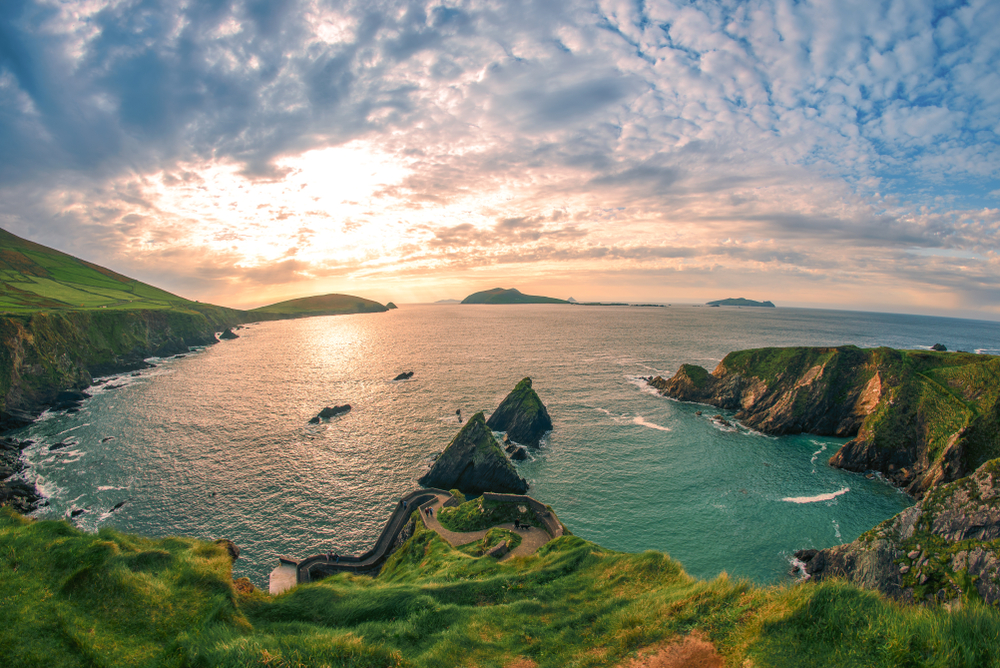
Dingle Peninsula, Ireland:
The Dingle Peninsula, a scenic stretch in southwest Ireland, is celebrated for its rugged coastline and rich Irish culture. This area, known for its Gaelic heritage and stunning landscapes, is an ideal destination for those seeking a picturesque and culturally rich Irish coastal experience.
Tourist Attractions and Things to Do in the Dingle Peninsula:
- Slea Head Drive: A famous route that circles the peninsula, offering spectacular coastal views, historical sites, and access to charming villages. It’s a must-do for scenic drives.
- Gallarus Oratory: An ancient Christian structure, the oratory is renowned for its distinctive stone architecture and historical significance, offering a window into early Irish Christianity.
- Dingle Town: The vibrant and colorful town of Dingle is known for its lively pubs, traditional music, local crafts, and friendly atmosphere. It’s a hub of Irish culture and language.
- Blasket Islands: Accessible by ferry, these uninhabited islands are rich in history and offer unique insights into a now-vanished way of life. The islands are also known for their natural beauty and wildlife.
- Dunquin Pier and Beach: Famous for its dramatic and picturesque setting, Dunquin Pier is a visually stunning spot, often featured in photographs and films. The nearby beach offers a peaceful retreat with beautiful views of the Atlantic Ocean.
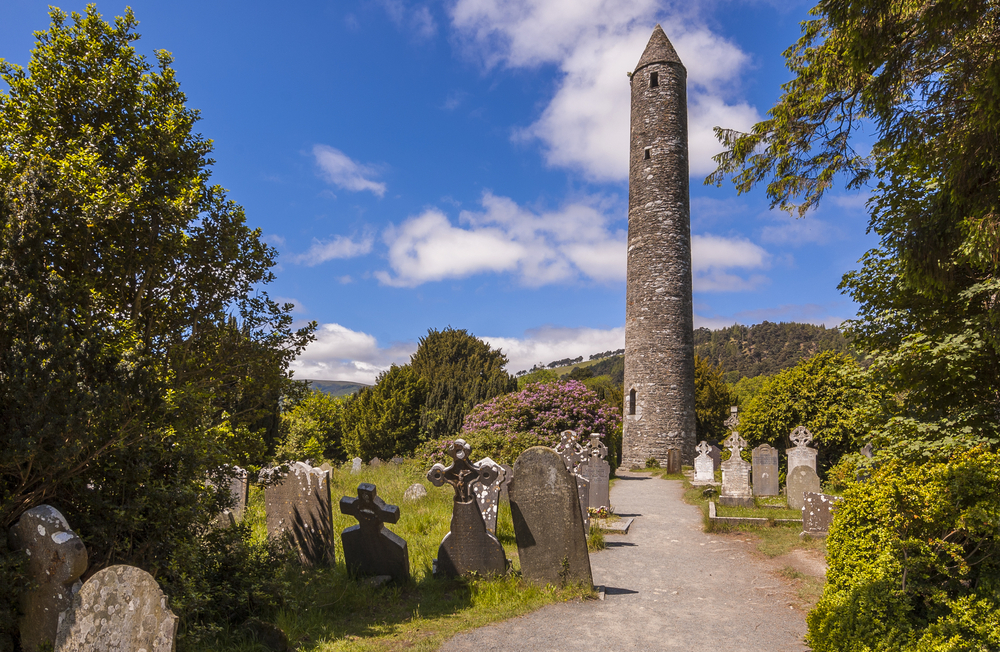
Glendalough, Ireland:
Glendalough, nestled in the Wicklow Mountains of Ireland, is an area steeped in history and natural beauty. Known for its monastic settlement and scenic landscapes, Glendalough is a tranquil retreat for those exploring Ireland’s ancient east and seeking a serene natural sanctuary.
Tourist Attractions and Things to Do in Glendalough:
-
Monastic Site: The heart of Glendalough, this ancient monastic settlement founded by St. Kevin in the 6th century, features remarkable ruins, including a round tower, churches, and a cathedral.
-
Upper and Lower Lakes: These two serene lakes, set amidst the mountains, offer stunning natural scenery and peaceful walking trails, ideal for nature lovers and photographers.
-
Glendalough Valley: The valley itself, with its lush forests and wildlife, offers numerous hiking trails ranging from easy walks to more challenging treks, showcasing the area’s natural beauty.
-
Visitor Centre: The centre provides valuable insights into the monastic history of Glendalough, with exhibitions and an informative audio-visual show, making it a great starting point for understanding the site’s historical significance.
-
St. Kevin’s Bed: An early Christian hermitage site, located in a cave above the upper lake, it’s associated with the founder of the monastic site and is a place of pilgrimage and historical intrigue.
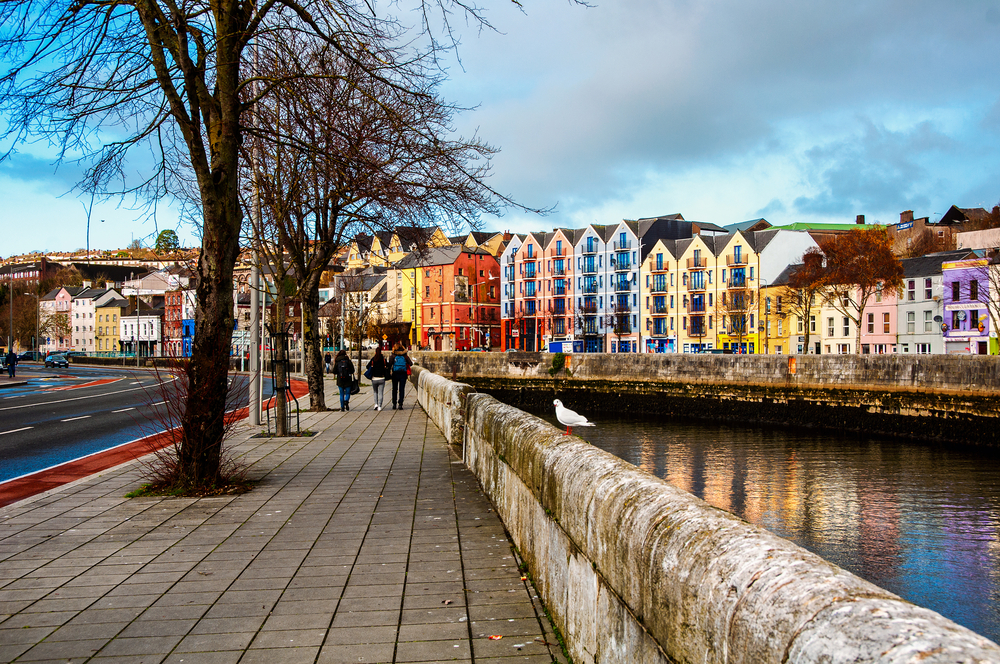
Cork City., Ireland:
Cork City, in the southwest of Ireland, is a bustling urban center known for its rich cultural heritage and lively atmosphere. As Ireland’s second-largest city, Cork offers a unique blend of modern vibrancy and historic charm, making it a must-visit for a dynamic urban Irish experience.
Tourist Attractions and Things to Do in Cork City:
-
English Market: A renowned indoor market dating back to the 18th century, it’s a culinary haven with a variety of local and artisanal food stalls.
-
St. Fin Barre’s Cathedral: An architectural masterpiece, this cathedral is known for its stunning Gothic design, intricate carvings, and beautiful stained glass windows.
-
Cork City Gaol: This historic prison-turned-museum offers a glimpse into 19th-century prison life in Ireland, with lifelike figures and fascinating exhibits.
-
Fitzgerald Park and Cork Public Museum: The park provides a serene green space in the city, while the museum showcases local history, from ancient artifacts to contemporary exhibits.
-
University College Cork (UCC): With its beautiful campus and significant historical and architectural sites, including the Lewis Glucksman Gallery and the Honan Chapel, UCC is not just an educational institution but also a cultural and architectural landmark.

